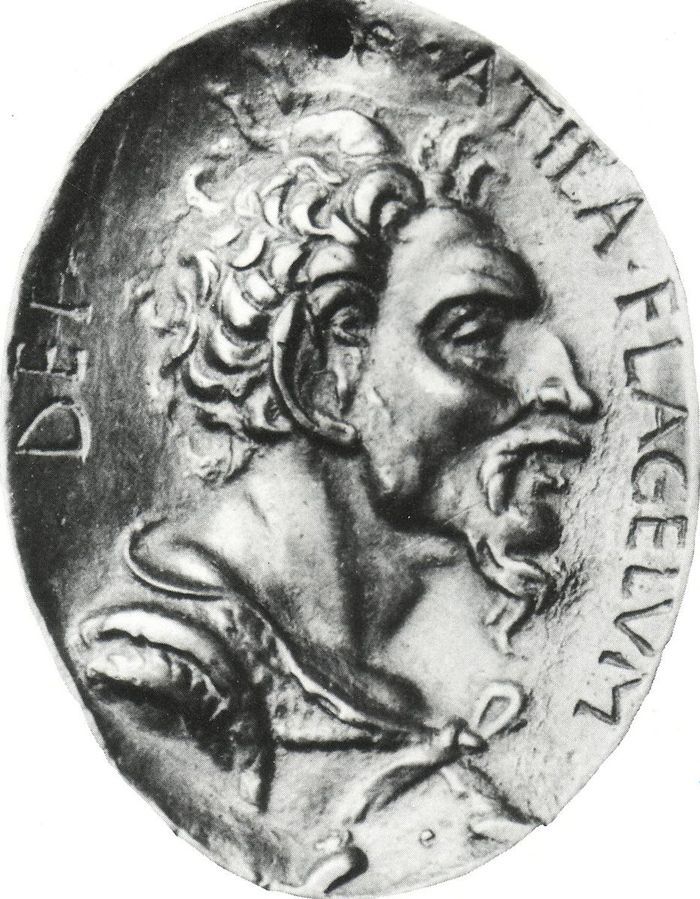History and origin of nationalisms: Catalan, Basque and Galician

Contents
The Bourbon Restoration: peripheral nationalisms and regionalisms
At the end of the 19th century, three nationalist movements arose in Spain. Its main consequence was based on the centralization that the Bourbon Restoration entailed, but there are others:
- The federalist ideas of the Sexenio;
- The rise of nationalism in Europe;
- The denial of these nationalist movements in the existence of a single Spanish nation in Spain;
- The vindication of the Basque Country and Catalonia with its own national identity, identifying itself with its own language, customs and culture or its own historical rights (Basque privileges).
The Restoration is divided into three periods:
Reign of Alfonso XII, 1874-1885;
Regency of Maria Cristina of Habsburg-Lorraine, 1885-1902; Y
Reign of Alfonso XIII, 1902-1923.
The nationalist ideas of the Basques and Catalans, were supported primarily by the middle and popular classes. Although, some time later, it also supported the ruling bourgeoisie, who see many economic advantages in the nationalist movement.
Catalan nationalism
After the War of Succession, and with the Nueva Planta decree, both Catalonia and Aragon lost their laws and privileges. From the 19th century, with the industrialization of Spain, a nationalist feeling was generated among the bourgeoisie.
Stages of Catalan regionalism and nationalism
The Reinaixenca
Intellectual and literary movement developed in some Catalan and Valencian-speaking territories in order to regenerate the Catalan cultured language, started in 1830.
The Catalanism of Unió Catalanista
Political party founded by Almirall and Prat de la Riba in 1891. They wrote the Bases de Manresa in which they called for Catalan autonomy, with its own parliament, the recognition of the Catalan language and the decentralization of Catalonia from the Spanish state.
In 1901, Unió Catalanista joined the Lliga Regionalista, which was chaired by Prat de la Riba or Francesc Cambó.
Regionalist League
The Regionalist League was a conservative, Catholic and bourgeois political party that had two objectives:
- The political autonomy of Catalonia from Spain;
- The defense of economic interests for the Catalan industry.
On the other hand, the peasantry did not adhere to these nationalist movements, just as the working class united around anarchism.
Basque nationalism
Fundamental issues:
- Basque nationalism was born in the 1890s.
And it was born from the loss of Basque privileges after the Carlist War in 1876, suppressed by Cánovas del Castillo in 1878. - Like Catalan nationalism, it develops claiming its own language: Basque;
- It is also based on the defense of traditions and a strong religious component.
- The main ideologue of the Basque nationalist movement was Sabino Arana, who founded the Basque Nationalist Party (PNV) in 1895.
Basque Nationalist Party (PNV)
The roots of the Basque Nationalist Party (PNV) are: Carlists, ultra-Catholics, exalters of the Basque ethnic group, anti-Spanish and anti-liberal, defending an independent Euskadi made up of Spanish and French territories.
The link with Carlism is represented in its motto “God and Old Laws”.
He found support among the small and medium bourgeoisie and the rural world. However, the upper bourgeoisie -industrial and financial- did not embrace nationalism.
Finally, the working class or proletarian leaned towards socialism.
Galician regionalism
The precedent of Galician regionalism is the Rexurdimento, a cultural movement led by the writer Rosalía de Castro.
The birth of Galician regionalism comes from the backwardness and marginalization of the region itself by the Spanish Government.
In 1890, Rosalía de Castro’s husband founded the Galician Regionalist Association, a defender of the Galician language and decentralization.


You may also like
The persistence of memory Salvador Dali
TRACES OF AN IMPERFECT WORLD -read it for free-
Recent Comments
Audiolibro: Por si las voces vuelven. gratis
Categories
Recent Posts
Club bilderberg 2022. ¿Cuáles son sus planes para España?
Audiolibro de Angel Martin: Por si las voces vuelven. gratis
Selection [AUDIBLE]
Recent Posts
Categories
The persistence of memory Salvador Dali
TRACES OF AN IMPERFECT WORLD -read it for free-
Recent Comments
Audiolibro: Por si las voces vuelven. gratis
Categories
Recent Posts
Club bilderberg 2022. ¿Cuáles son sus planes para España?











